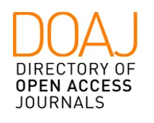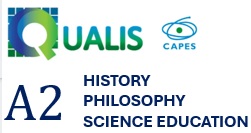Mortimer Taube’s Critique of AI
Reflections for the History and Philosophy of Science and Technology
DOI:
https://doi.org/10.24117/2526-2270.2024.i17.10Keywords:
Mortimer Taube, Artificial Intelligence (AI), Science, Technocratic Optimism, Scientific LegitimacyAbstract
This paper revisits Mortimer Taube’s Computers and Common Sense: The Myth of Thinking Machines (1961), positioning his critique of artificial intelligence (AI) within the broader frameworks of the history and philosophy of science (HPS) and science and technology studies (STS). While often recognized for its relevance to early AI debates, Taube’s work offers insights that extend beyond computing. He critiques the technocratic optimism present in many scientific fields, highlighting the tendency of scientific enterprises to overpromise and underdeliver. Taube explores how scientific legitimacy is constructed and the societal consequences of scientific overreach. This paper situates Taube’s critique within philosophical debates on the limits of scientific authority and speculative claims. Additionally, Taube’s ethical concerns about the misallocation of public resources toward speculative research are examined. His critique remains, therefore, relevant today, particularly in discussions around AI, quantum computing, and biotechnology, emphasizing the need for empirical rigor and ethical oversight. By situating Taube’s work within broader mid-20th-century critiques of science and technology, this paper underscores its enduring value for understanding modern scientific challenges.
Downloads
Published
Issue
Section
License
Copyright (c) 2024 Alberto Bardi

This work is licensed under a Creative Commons Attribution 4.0 International License.












